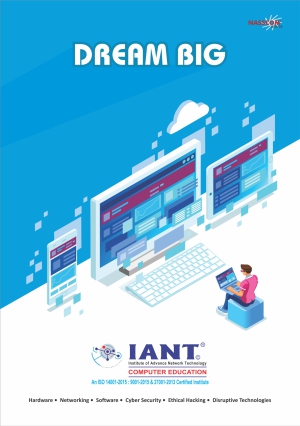Secure Programmer Expert - Java
Secure programming is the practice of developing applications in a way that prevents the introduction of security vulnerabilities and cyber criminals. By implementing the secure practices, the developer can avoid bugs and remove vulnerabilities that can be exploited by hackers.
Star Secure Programmer Expert – Java is an exhaustive program that helps the learner to identify and address the various bugs, vulnerabilities and flaws in the logic of a program. These defects leave the software vulnerable to various kinds of threats. The program teaches about defensive measures against attacks targeted towards application systems. The SSPE-J program is intended for programmers who are responsible for designing and building secure programs on the Java platform for the web, desktop and mobile ecosystems.
Audience
- Intermediate
Course Objectives
In this course, you will learn about:
- The best practices and security principles for secure programming
- Securing Java applications against threats
- Secure SDLC and threat modelling
- Secure authentication management
- Best practices for data input validation and handling exceptions and errors
- Secure sessions and cryptography techniques
Course Outcome
After competing this course, you will be able to:
- Understand security principles and best practices for secure code development
- Apply secure code development practices
- Implement secure SDLC and authentication management
- Explain Java concurrency and secure sessions
- Implement cryptography techniques to secure Java programs
- Deploy best practices for data input validation
- Deploy best practices for handling Java exceptions and errors
- Develop a secure java application that can guard against any Java application threats
Table Of Contents Outline
- Introduction to Star Secure Programmer Expert – Java
- Explore Java Security Concepts
- Explore Security Principles Associated with Java
- Explore Java Coding Practices for Secure Code
- Exploring the Secure Software Development lifecycle
- Securing the Threat Modelling
- Implementing Software Security Frameworks
- Implementing Best Practices in context to data input validation
- Implementing Best Practices to handle Java Exceptions and Errors
- Secure Identity Management
- Implementing Java Security Model and Controlling the Authentication and Authorization behaviour
- Securing Java Concurrency and Sessions
- Best Practices to Handle Java threads
- Securing your application with Cryptography Techniques
- Implementing Keys and Signatures
- Securing Application from Vulnerabilities and attacks





